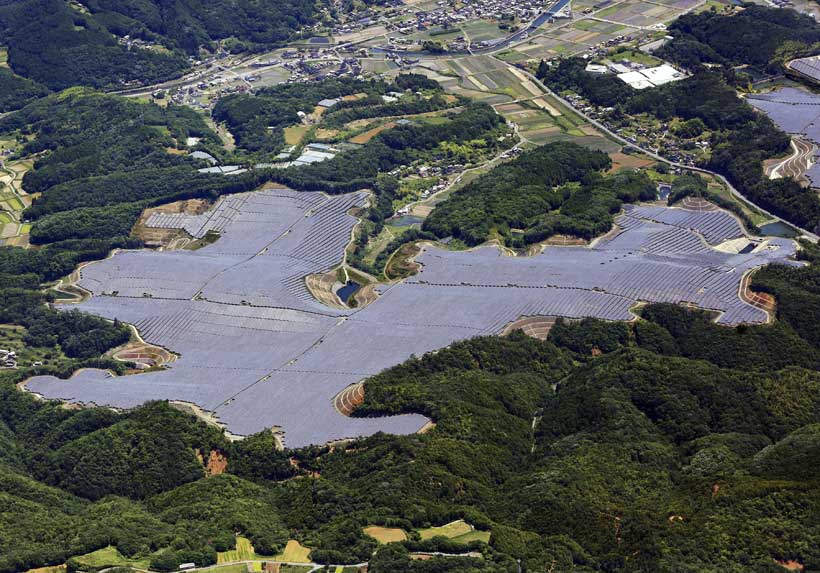Context
Japan relies on imported fossil fuels for nearly 70% of its electricity, making energy security a long-term priority. The government has expanded renewables, but frequent grid curtailments in regions such as Tohoku and Kyushu have sparked demand for battery energy storage systems (BESS) to stabilize supply. With China and the U.S. already deploying massive storage capacity, Japan is now moving to scale up its lagging base
What Happened?
- Since December 2023, companies have announced at least $2.6 Billion in new storage investments, including $1.3 Billion by Sumitomo, and $677 Million by Hulic.
- Gurin Energy, in collaboration with TotalEnergies Saft Unit, is launching a $618 Million project in Fukushima to build a 1GWh battery by 2028, with potential to double powering capacity.
- Project connection requests surged to 113 GW in FY2024, nearly triple the previous year, mostly in renewable-heavy regions.
- Japan currently has just 0.23 GW of grid-connected BESS, compared to 75 GW in China, and 26 GW in the United States.
Why It Matters:
While growth potential is strong, proposed changes to government auctions could undercut investor enthusiasm. Japan’s Long-Term Decarbonised Capacity Auctions (LTDA), intended to secure renewable and storage projects with 20-year revenue guarantees, are shifting toward fossil fuel and nuclear support. With battery allocations halved and discharge requirements raised to six hours, developers warn the economics of storage projects may weaken, threatening Japan’s ability to meet renewable targets and attract global capital.
Stakeholder Reactions:
- Franck Bernard, Gurin Energy: Said that storage capacity building is an “obvious solution” to current challenges.
- Eku Energy’s Kentaro Oro: Warned stricter six-hour requirements could force project redesigns and risk missing crucial auction deadlines.
- Mika Kudo, Renewable Energy Institute: Argued Changes could “preserve existing power sources” rather than promote clean storage.
- Rystad Energy Analysts: Currently forecasting that Japan’s storage capacity could reach 4 GW, requiring $6 Billion in investment.
What’s Next?
Japan’s next LTDA auction in October will be closely watched as a litmus test for investor confidence. If stricter rules drive delays or cancellations, Japan risks slowing its renewables transition while reinforcing reliance on gas and nuclear. The government must balance grid stability and consumer costs with incentives strong enough to keep Japan attractive amid global competition for clean energy investment.
Based on a Reuters report
